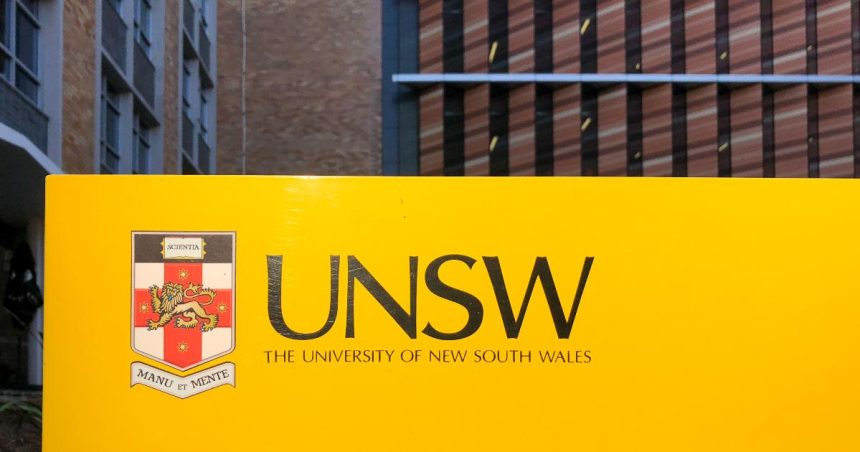New research commissioned by University of New South Wales (UNSW) Sydney Economics Professor Richard Holden has revealed that science, at UNSW alone, contributes more than $350 million to the Australian economy and $2.2 million to global GDP annually. The institution’s academics, PhD candidates and post-doctoral researchers from around the world contribute to this impact.
UNSW leaders argue that the Federal Government’s proposed international student caps will be detrimental to the university’s ability to make economic and societal impact and discourages much-needed global expertise from overseas to help Australia solve real-world issues.
Holden says economists have emphasised the importance of idea generation as a key driver of economic growth for decades, with international academics making an immense contribution to advancing our business community across various sectors.
“The prospect of losing thousands of international academics and researchers from Australian shores would be a major setback for our nation’s innovation and business outcomes,” Holden says.
“Fewer international prospects means less resourcing and expertise to help solve business challenges. The impact would be felt across multiple industries, limiting the flow of new ideas and reducing contributions to the global body of knowledge, which are crucial for driving economic and societal progress.
“The current debate overlooks and undervalues the immense contribution of the international community and to the global knowledge base, as well as vital research and development efforts.”
Innovative minds of international academics
Dean of UNSW Science, Scientia Professor Sven Rogge says the breadth and depth of UNSW’s work each year is profound – contributing to advancements within universities, businesses, industry and communities. This impact would be severely diminished or even unachievable without the innovative minds of international academics.
“A loss of new viewpoints, expertise and experience from thousands of academics will significantly hinder the ability of scientists and researchers to address real-world problems and support Australian businesses with innovation in fields such as sustainability, artificial intelligence, FinTech and climate risk,” Rogge says.
The research from UNSW comes shortly after the launch of the Science faculty’s Pact for Impact – an Australian-first initiative to make and measure the real-world impact of science and enhance opportunities for collaboration between the business sector and science community.
Global innovation and technology leader
Rogge says with 76 Pact Partners from industry and corporate Australia, this commitment secures Australia’s
position as a global leader in innovation and technology.
“The Pact for Impact emphasises the importance of retaining the international student market within Australia to ensure we continue to deliver positive outcomes for the economy and society,” he says.
As the government’s bill approaches a critical vote, UNSW urges policymakers to recognise the essential role the international academic community plays in fostering growth and prosperity – especially during a time when the Australian economy cannot afford to lose such a fruitful resource.








